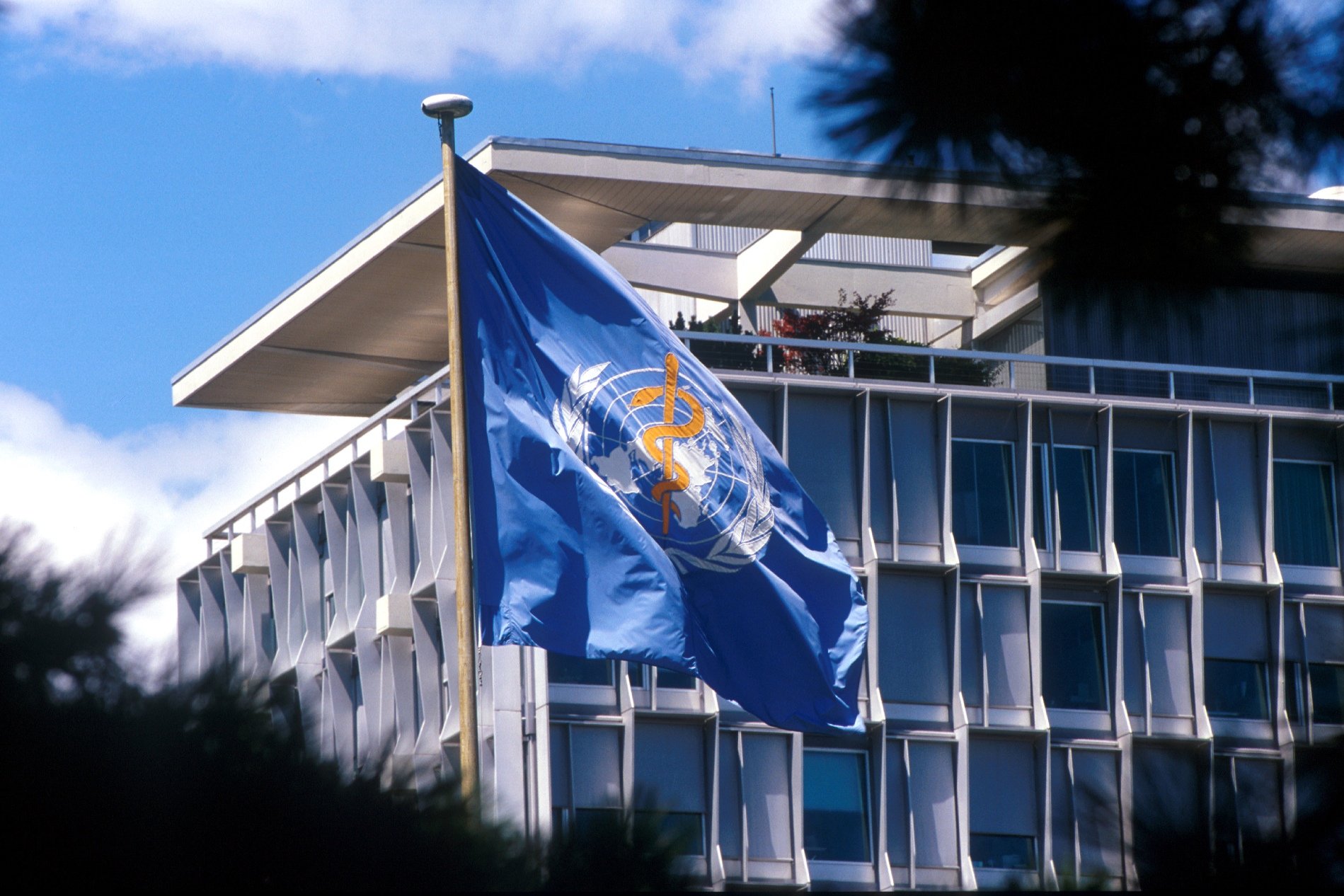Nearly 7 million people have died after contracting Covid-19 since it first emerged.
The World Health Organisation has released its updated plan to combat Covid-19 in order to assist nations transitioning from pandemic emergency management to prevention and control.
WHO Director-General Tedros Adhanom said the previous plan, released last year, outlined two strategic objectives; one dealt with way to reduce the circulation of SARS-CoV-2, while the other was ways to diagnose and treat Covid-19 to minimise mortality, morbidity, and long-term sequelae.
“This strategy retains those two objectives, and adds a third: to support countries as they transition from an emergency response to longer-term sustained Covid-19 disease prevention, control and management,” he noted.
Whether the pandemic is still severe enough to warrant maintaining the highest level of alert that was previously notified on 30 January 2020, is a matter up for discussion by the Covid-19 Emergency Committee of the WHO.
Nearly 7 million people have died after contracting Covid-19 since it first emerged. Qatar has recorded 690 deaths in that time frame.
Long Covid
Although most Covid-19 sufferers fully recover, it is estimated that 10–20% go on to acquire what is now referred to as “Long Covid”.
A recent study found that majority of those suffering from the symptoms of Long Covid some 12 months after their diagnosis will most likely still experience symptoms up to 18 months.
Long Covid-19 is a new condition that is still being studied, and its most common symptoms include loss of smell, fatigue, and shortness of breath. Numerous short- and long-term symptoms, including exhaustion, dyspnea, and lack of concentration, are associated with the condition.
However, the most common symptoms of Long covid are extreme tiredness, shortness of breath, loss of smell, and muscle aches.
The condition tends to affect women more often, according to the WHO.
The research was based on a sizable sample of 33,281 people from Scotland who had coronavirus positivity tests. The majority of the findings agree with those of the earlier, smaller research.
The head of the WHO issued a warning on Long Covid in October, saying it is “devastating” the lives of tens of millions of people and wreaking havoc on health systems and economies.
The Covid-19 pandemic has never been in better shape, but the WHO’s director general, Dr Tedros Adhanom Ghebreyesus, noted that it is also “very clear” that many of those infected by the virus are still going through “prolonged suffering.”
When symptoms persist more than 12 weeks after the initial infection, a person is typically said to have Long Covid.







